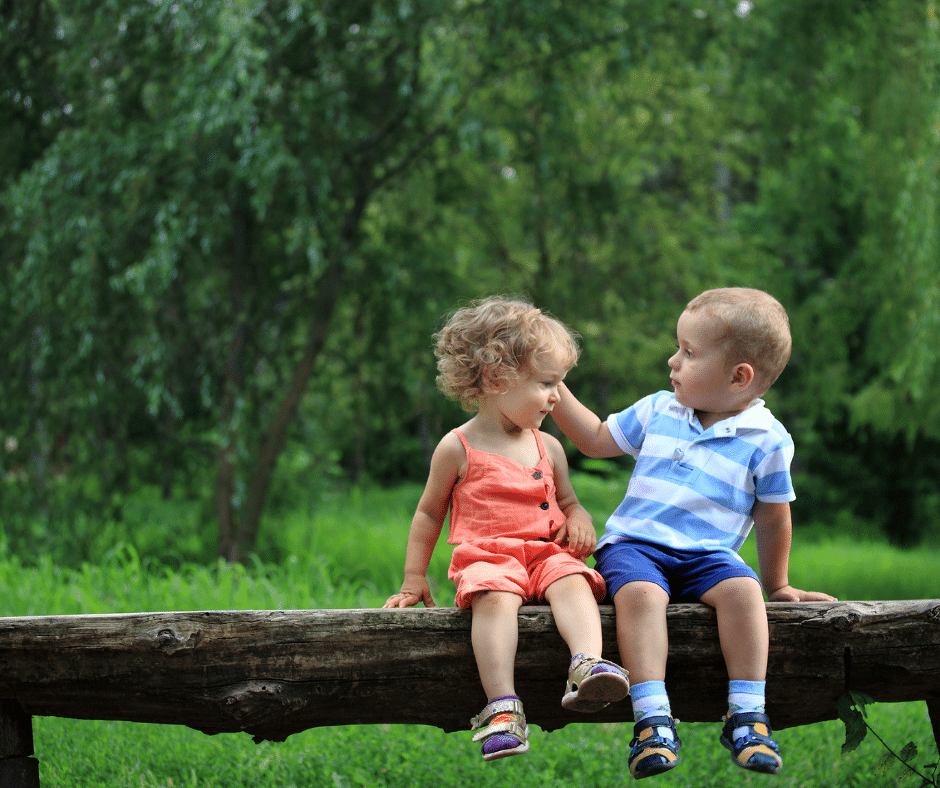Happiness is contagious, but so are rudeness and anger. Kids are surrounded by messages about being mean, so it’s important to talk with them about how they can choose to be kind.

When your kids watch TV or go online, they see examples of people being unkind—picking on each other, gossiping, making fun of others, and fighting. They also see heroes who are kind, but it’s all too easy for kids to think the message is that kindness doesn’t matter.
“Kids have always seen cruelty in the media,” says Barbara Wilson-Seidler , EdD . “What’s different today is how fast children can talk about it with each other, including their friends and classmates.”
As a parent, you have an important role in teaching your kids to be kind. In many ways, children are “catching” being kind from the adults in their lives. Sometimes kids follow an adult’s lead when it comes to being kind, while at other times they reject our messages.
“Kids are like sponges,” says Dr. Wilson-Seidler, who is also author of ” Make Kindness Your Daily Habit ,” ( Little, Brown and Company ). “If parents give kindness a priority in their lives, then children will too.”
Kind kids have higher self-esteem and greater social skills, so there are lots of good reasons to encourage kindness. In addition to being the right thing to do, it’s also smart parenting.
Here are some ideas for talking with your kids about being kind:
Model kindness yourself.
You can’t expect your kids to be kind if you aren’t. When they see you being helpful and considerate of others, it will help them emulate that behavior.
Start small conversations about kindness every day. Ask your child how he or she showed kindness today or what happened that was an example of someone being kind to him/her.
If you notice that your child is unkind to someone, talk about it. Say something like “I saw you throw sand at Peter today. Do you know how much it hurt his feelings? Let’s think of some other ways to play with the sand.”
Be kind to your kids when they are young and they will be kind when they are older.

Banish bullying from your family.
Set a strong tone that you won’t tolerate bullying or name-calling and that everyone in the family is expected to be kind.
When kids complain about someone else being mean, respond firmly but positively: “I don’t want you to be a part of that.” Encourage them to stand up for other people, and praise them when they do.
If your kids say something unkind, talk about it in a positive way: “How can we work together to encourage everyone to play nicely?” Try not to punish or yell at them for saying something hurtful. That will only make the problem worse.
Sometimes kids accidentally say things that aren’t kind. If that happens, try to help them find a positive way to express what they mean. Instead of “Sam is so stupid!” you might say, “I know Sam would like your help with math.”
When we respond positively, we teach kids to do the same—so show them how it’s done!
In conclusion, talking to your kids about being kind is an imperative part of being a parent. All kids should see and experience kindness as a means to teach them to be kinder human beings in the future.
